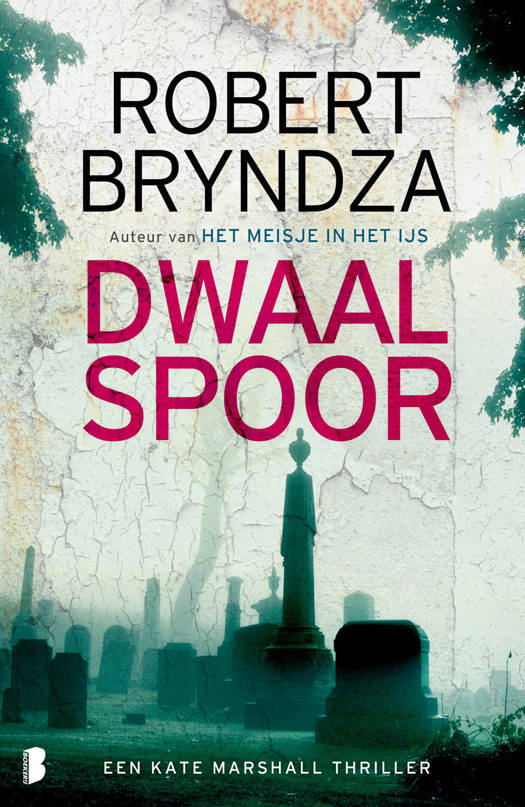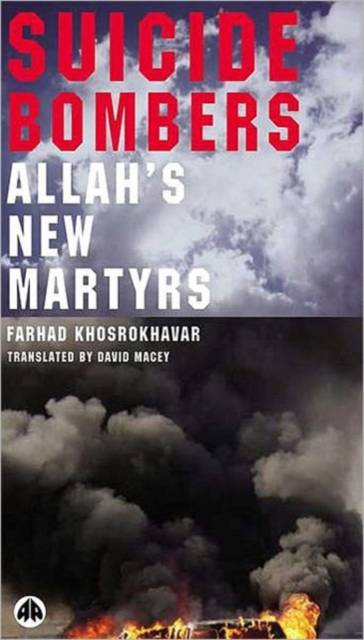
- Afhalen na 1 uur in een winkel met voorraad
- Gratis thuislevering in België vanaf € 30
- Ruim aanbod met 7 miljoen producten
- Afhalen na 1 uur in een winkel met voorraad
- Gratis thuislevering in België vanaf € 30
- Ruim aanbod met 7 miljoen producten
Omschrijving
Thematically arranged and clearly structured, this book explores the seminal themes in Heaney's writing: aesthetics, politics, language, identity and myth, ethics and notions of Irishness. It is the first such study of Heaney to take into account all of his writings, poetry, prose and translations in order to demonstrate that these themes are coherently developed throughout his work. The detailed reading of various aspects of Heaney's prose should prove valuable to students of his poetry, proving a depth of reference to his evolving thought processes.
A central strand of this study is an exploration of Heaney's ethical and political project with respect to issues of Irish identity as outlined in his writings. This work suggests that there are analogies between Heaney's political and ethical thought, and that of Jacques Derrida, Maurice Blanchot and Emmanuel Levinas.
Each chapter concentrates on a single theme: his sense of the aesthetic, and its role in terms of politics and ethics; his relationship with politics as a contemporary situation; his notion of place, both as a given, and as something that could be reimagined; his enunciation of a sense of visceral identity; his concept of ethics in terms of a relationship between selfhood and alterity; his notion of the many threads which combine to produce a sense of Irishness. Finally, the Nobel lectures of Yeats and Heaney are examined in order to trace the complex relationship between these two writers in terms of the ethical similarities of their views on the role of the aesthetic with respect to the politic, as well as in terms of their attitudes to the complexities of identity.
Specificaties
Betrokkenen
- Auteur(s):
- Uitgeverij:
Inhoud
- Aantal bladzijden:
- 258
- Taal:
- Engels
Eigenschappen
- Productcode (EAN):
- 9780745322834
- Verschijningsdatum:
- 20/02/2005
- Uitvoering:
- Paperback
- Formaat:
- Trade paperback (VS)
- Afmetingen:
- 140 mm x 219 mm
- Gewicht:
- 335 g

Alleen bij Standaard Boekhandel
Beoordelingen
We publiceren alleen reviews die voldoen aan de voorwaarden voor reviews. Bekijk onze voorwaarden voor reviews.












